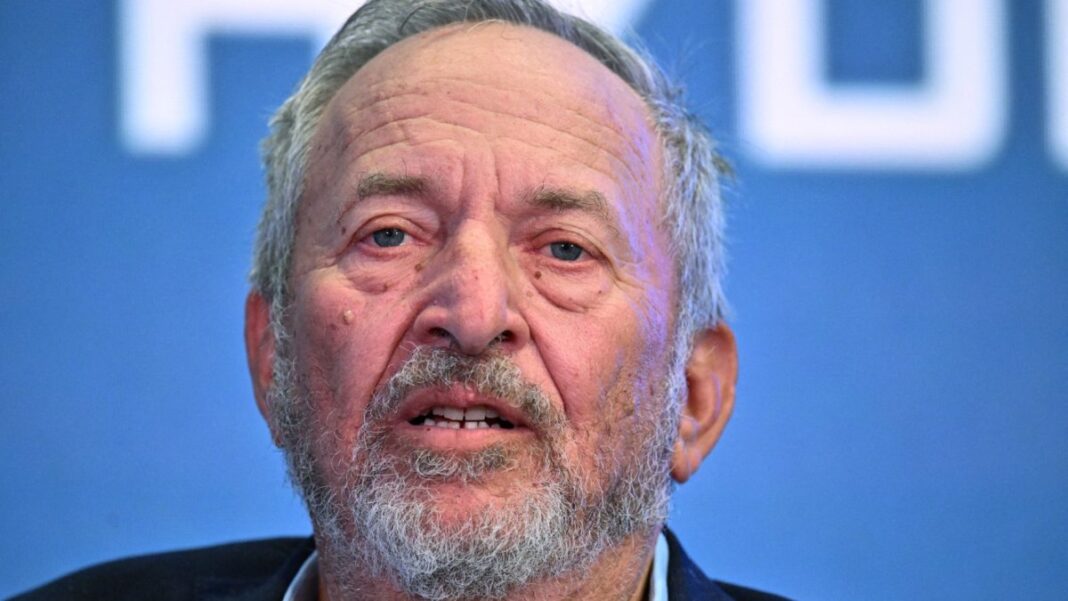Larry Summers Steps Back Amid Epstein Email Scandal
Larry Summers, a prominent figure in American economic policy who has held roles both as a former U.S. Treasury Secretary and as the president of Harvard University, recently made headlines by announcing his decision to withdraw from all public engagements. This significant choice comes on the heels of released emails that unveil a deeper-than-anticipated relationship with Jeffrey Epstein, the late financier and convicted sex offender.
The Revelation
The troubling emails, disclosed in a recent investigation, reveal that Summers maintained an improper dialogue with Epstein over the years. In a candid message to Politico, Summers expressed remorse, saying, “I am deeply ashamed of my actions and recognize the pain they have caused.” He acknowledged the misguided choice of keeping in touch with Epstein, contrasting this with his ongoing teaching responsibilities and underscoring the necessity to step back and rebuild trust among friends and colleagues.
The Nature of Their Communication
The released emails paint a troubling picture of Summers’ interactions with Epstein. Notably, Summers sought Epstein’s advice regarding a romantic pursuit involving a woman he described as his apprentice. In one shocking exchange, Epstein referred to himself as Summers’ “wingman,” shedding light on the troubling dynamics within their relationship. Furthermore, Summers’ comments suggesting that women might, on average, exhibit lower IQs than men have sparked outrage, stirring further controversy in this already fraught narrative.
Ongoing Investigations and Political Ramifications
While these communications stretched into 2019, long after Epstein’s legal troubles began, they have ignited strong political backlash. As the fallout from this scandal continues to unfold, criticism has surged from various quarters, notably within the Democratic Party. Senator Elizabeth Warren has been vocal in calling for institutions to sever ties with Summers, amplifying the scrutiny surrounding his professional affiliations.
Academic and Professional Implications
The repercussions of this scandal extend beyond Summers’ public appearances; they cast doubt on his various roles, including his positions on the board of OpenAI, a tenured faculty position at Harvard, and contributions to the Center for American Progress (CAP) and Bloomberg News. As uncertainties linger regarding these affiliations, the institutions involved remain largely silent. A representative from CAP stated they would evaluate the recent disclosures to determine their next steps, reflecting the seriousness with which these revelations are being approached.
The Broader Context
This incident not only tarnishes Summers’ reputation but also sheds light on the broader implications of high-profile connections and the ethical responsibilities of public figures. It raises critical questions about accountability and the relationships between influential individuals and those like Epstein, whose actions and legacy are surrounded by severe moral and legal transgressions. The political landscape remains tense as this narrative unfolds, prompting discussions on the intersections of power, privilege, and morality in public life.



